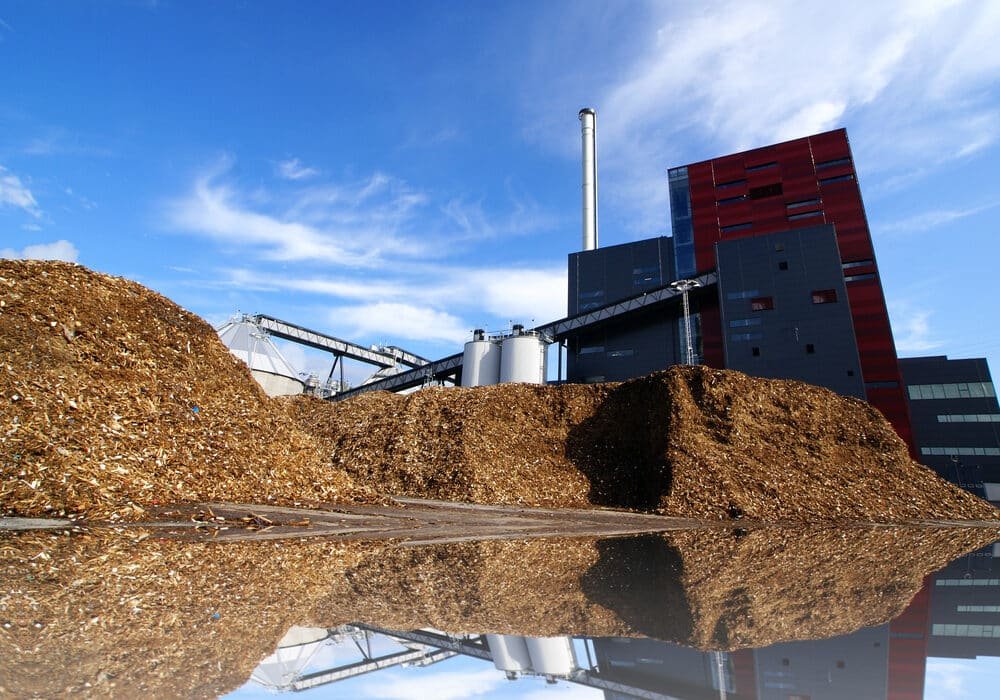The world is facing the urgent challenges of climate change and energy security, heightening the need for sustainable and renewable energy sources. In the Philippines, especially in Cebu, biomass energy is gaining attention as a promising solution. By utilizing organic waste, biomass energy provides a means to produce clean electricity while mitigating the environmental impact of waste disposal.
The Potential of Biomass Energy
Biomass refers to organic materials from plants or animals, such as agricultural waste, forestry residues, and municipal solid waste. When these materials are burned or converted into biogas, they can produce heat and electricity. Biomass energy is classified as renewable because organic material can naturally renew itself.
The Philippines has a substantial potential for producing biomass energy. Each year, the country produces millions of tons of agricultural waste, much of which is either burned or left to decompose, releasing greenhouse gases into the atmosphere. Converting this waste into energy through biomass projects can help cut emissions and offer a dependable power supply.
Biomass Energy in Cebu
Cebu, a province in the central Philippines, is excellently positioned to leverage biomass energy. The province is renowned for its flourishing agricultural sector, especially sugarcane, coconut, and poultry cultivation. These industries produce substantial amounts of organic waste that can be utilized for biomass energy production.
One promising project in Cebu is the Naga City Refuse-Derived Fuel (RDF) Generation Facility. This facility converts municipal solid waste into fuel pellets for power plants or cement factories. It has a capacity of 300 metric tons per day and is expected to generate around 10 MW of electricity once fully operational.
The planned 741 MW Cebu Wind Power Project aims to integrate biomass energy from agricultural waste with its wind power generation. This combination of renewable energy sources ensures a consistent and reliable electricity supply to the province.
Benefits of Biomass Energy
Biomass energy offers several benefits over traditional fossil fuels:
- Reduced greenhouse gas emissions: Biomass energy can significantly reduce the amount of methane and carbon dioxide released into the atmosphere by using organic waste as a fuel source, helping to mitigate climate change.
- Waste reduction: Biomass energy programs can lessen the quantity of waste sent to landfills or incinerated in open piles, thereby alleviating the environmental impact of waste disposal.
- Job creation: The establishment of biomass energy projects has the potential to generate employment opportunities in constructing, operating, and maintaining the facilities, as well as jobs related to the collection and processing of organic materials and waste.
- Energy security: Biomass energy has the potential to diminish a nation’s reliance on fossil fuels and bolster its energy security by utilizing locally accessible resources.
Challenges and Opportunities
While biomass energy offers potential benefits, it also presents various challenges that must be addressed:
- High initial costs: Building biomass energy facilities can be expensive, requiring significant upfront investment in infrastructure and equipment.
- Feedstock availability: The success of a biomass energy project depends on a reliable and consistent supply of organic waste. Ensuring a steady stream of feedstock can be challenging, particularly in areas with seasonal agricultural production.
- Environmental concerns: While biomass energy is generally considered a clean energy source, there are concerns about the potential for air pollution from the combustion of waste materials. Proper emissions control and waste management practices are essential to mitigate these risks.
Despite the challenges, the opportunities for biomass energy in the Philippines and Cebu are significant. Investing in biomass energy projects has the potential to reduce the country’s dependence on fossil fuels, foster job creation, and bolster a more sustainable and robust energy system.
Summing Up the Potential
Biomass energy offers a promising solution for turning waste into power in the Philippines and Cebu. By harnessing the potential of agricultural and municipal waste, biomass projects can generate clean electricity while reducing greenhouse gas emissions and waste disposal challenges. While there are challenges to overcome, the benefits of biomass energy are clear. With the appropriate policies and investments in place, the sector could have a major impact on the country’s energy future.


